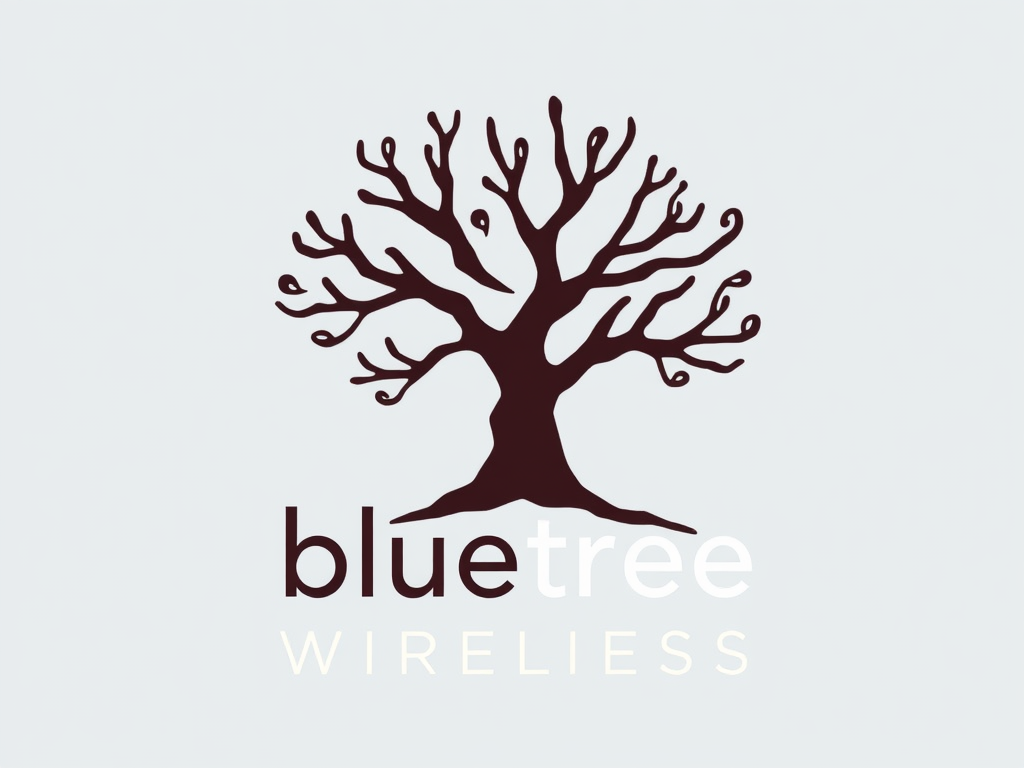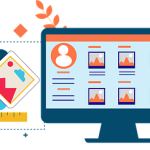Breakthroughs in Computing Power Reshaping Marketing Approaches
Recent technology advancements have dramatically accelerated the computing evolution that underpins modern marketing transformation. Key breakthroughs such as artificial intelligence (AI), machine learning, big data, and cloud computing have redefined how brands interact with consumers. As computing power increased, marketing shifted from broad, static campaigns to dynamic, data-driven strategies that optimize engagement and response.
Historically, limited computing constrained marketers to simplistic segmentation and rudimentary tracking. With the surge in processing speed and storage capacity, marketers gained access to vast datasets and sophisticated AI algorithms capable of extracting actionable insights in real time. This leap enabled personalized messaging at scale, predicting customer behaviors, and customizing content dynamically.
This might interest you : How is edge computing reshaping marketing strategies in the UK?
The integration of cloud computing facilitated flexible, scalable infrastructure, allowing global teams to leverage AI-enhanced tools seamlessly. Consequently, marketing mindsets evolved from intuition-based decisions to evidence-based, automated workflows. The link between these computing advancements and marketing transformation is direct: empowered by AI in marketing, businesses can now deliver more relevant experiences, optimize budgets efficiently, and measure performance more precisely.
Collectively, these breakthroughs have ushered in a new marketing era centered on intelligence, agility, and customer-centricity.
Topic to read : Unlocking uk tech: enhancing your marketing strategies with cutting-edge computing innovations
Next-Level Personalization and Consumer Engagement
Personalization stands at the forefront of the ongoing marketing transformation, empowered by the computing evolution and advances in AI in marketing. Leveraging data-driven marketing enables brands to deliver tailored experiences finely tuned to individual preferences. But how is this achieved? By harnessing vast datasets and AI algorithms, marketers develop precise customer targeting models, which underpin personalized recommendations and adaptive content that evolve in real time.
For example, online retailers use AI to analyze browsing behavior and past purchases instantly. This insight fuels dynamic product suggestions that resonate uniquely with each consumer, enhancing the consumer experience significantly. Moreover, AI-powered real-time analytics allow brands to adjust messaging across multiple channels — social media, email, or mobile apps — ensuring consistent and timely engagements that keep the customer journey seamless and engaging.
This shift—rooted in technology advancements—moves beyond generic mass marketing toward creating meaningful connections. It reflects a profound change in marketing mindsets where data and AI in marketing are central to strategy. Brands that integrate these tools effectively unlock higher customer satisfaction and loyalty, proving how computing evolution reshapes marketing from the ground up through personalized consumer engagement strategies.
Automation Revolutionising Marketing Operations
Automation, driven by the ongoing computing evolution and technology advancements, is fundamentally reshaping marketing operations. Marketing automation leverages AI tools to streamline complex workflows, reduce manual tasks, and boost overall efficiency. Programmatic advertising exemplifies this shift: AI algorithms automate ad buying in real time, optimizing campaigns based on performance data to maximize ROI without constant human intervention.
Email and content marketing workflows benefit heavily from automation platforms that use AI to schedule, personalize, and distribute communications. These tools enable marketers to maintain consistent engagement while freeing teams to focus on strategy rather than execution. The result is superior campaign management that adapts quickly to changing audience responses.
Brands adopting marketing automation report improved workflow efficiency by eliminating repetitive processes and accelerating campaign deployment. For example, AI-driven platforms automatically segment customer lists and tailor messaging, enhancing precision and relevance. This synergy of AI in marketing and automation translates directly into faster, more agile marketing teams capable of handling larger volumes of personalized outreach.
In essence, marketing automation powered by advances in computing is not merely a tool but a transformative force enabling modern marketers to optimize resources, respond nimbly to insights, and sustain competitive advantage.
Real-Time Analytics Empowering Strategy Decisions
Real-time analytics translates vast data flows into actionable insights instantly, enabling marketers to fine-tune strategies without delay. This rapid feedback loop elevates marketing measurement by delivering up-to-the-minute performance data. For example, brands can observe consumer reactions to campaigns as they launch and swiftly pivot messaging or budget allocation to boost performance tracking accuracy.
Unified analytics dashboards aggregate data from multiple channels—social media, websites, email—into a single dashboard, providing an omnichannel view. This holistic perspective enhances decision-making by revealing trends and anomalies across platforms simultaneously. With such tools, marketers no longer rely on post-campaign reports but instead adjust campaigns continuously, fostering an agile marketing mindset.
Consider a retailer tracking a flash sale: real-time analytics detect low engagement on social media ads quickly. The team can reallocate spend or tweak creative content on the fly, maximizing ROI during short windows. Similarly, A/B test results are accessible immediately, enabling rapid optimization. These capabilities exemplify the synergy between real-time analytics and AI-driven marketing tools, showing how granularity and speed combine to transform how data informs strategy.
Overall, adopting real-time analytics is a critical step for brands seeking dynamic control over campaigns within the ongoing computing evolution reshaping marketing.
Future Trends and Implications for Marketers
The future of marketing heavily depends on evolving computing evolution and emerging technology advancements. Marketers must prepare for innovations like quantum computing, generative AI, and edge computing, which promise transformative impacts on data processing speed and predictive capabilities. Quantum computing, for example, could accelerate complex data analysis beyond current limits, enabling unprecedented precision in AI in marketing models and further enhancing marketing transformation efforts.
Generative AI will reshape content creation, automating personalized messaging at scale while maintaining creativity and contextual relevance. Edge computing moves processing closer to data sources, reducing latency and improving real-time responsiveness in campaigns.
To adapt, marketing teams should invest in continuous learning and agile frameworks responsive to rapid change. Integrating predictive analytics with these future technologies allows proactive customer engagement and smarter resource allocation.
Practical steps include:
- Experimenting with pilot projects employing emerging tools
- Upskilling staff on AI-driven analytics and cloud infrastructure
- Building flexible marketing strategies to incorporate new computing capabilities swiftly
These actions ensure marketers harness the next wave of technology advancements effectively, securing competitive advantage as the computing evolution continues to redefine marketing landscapes.




